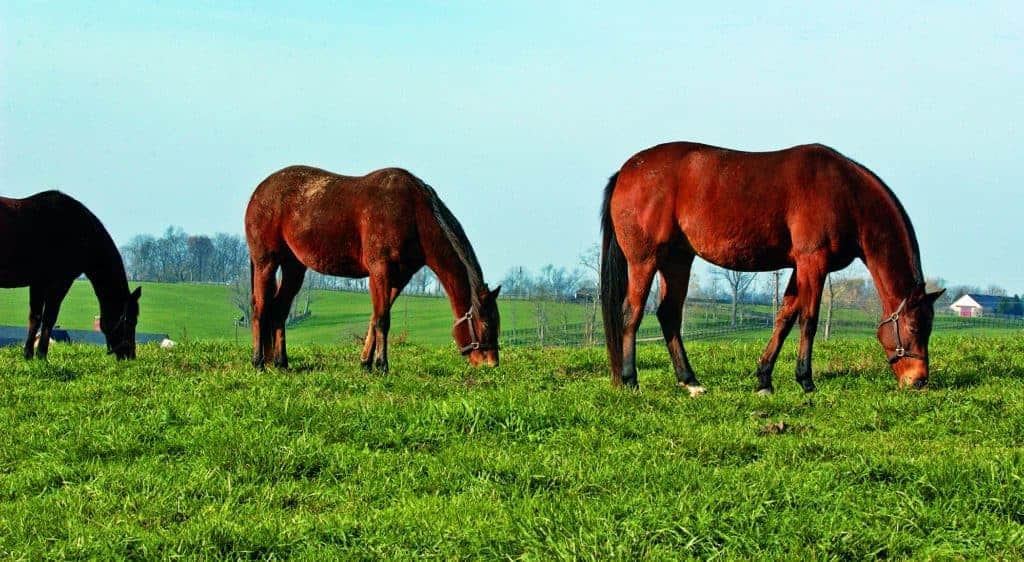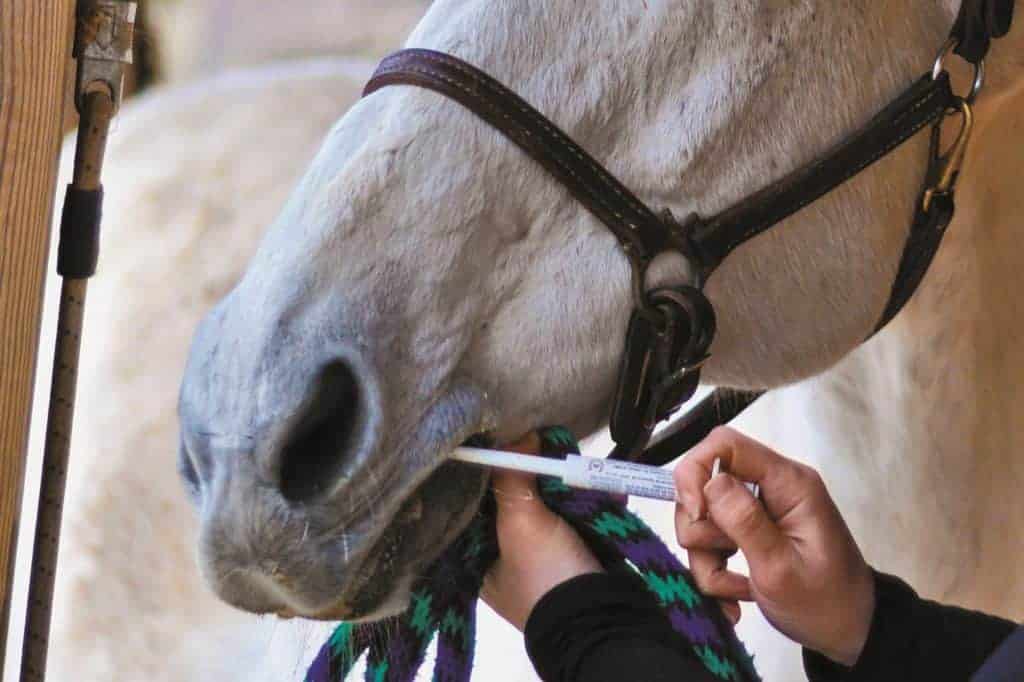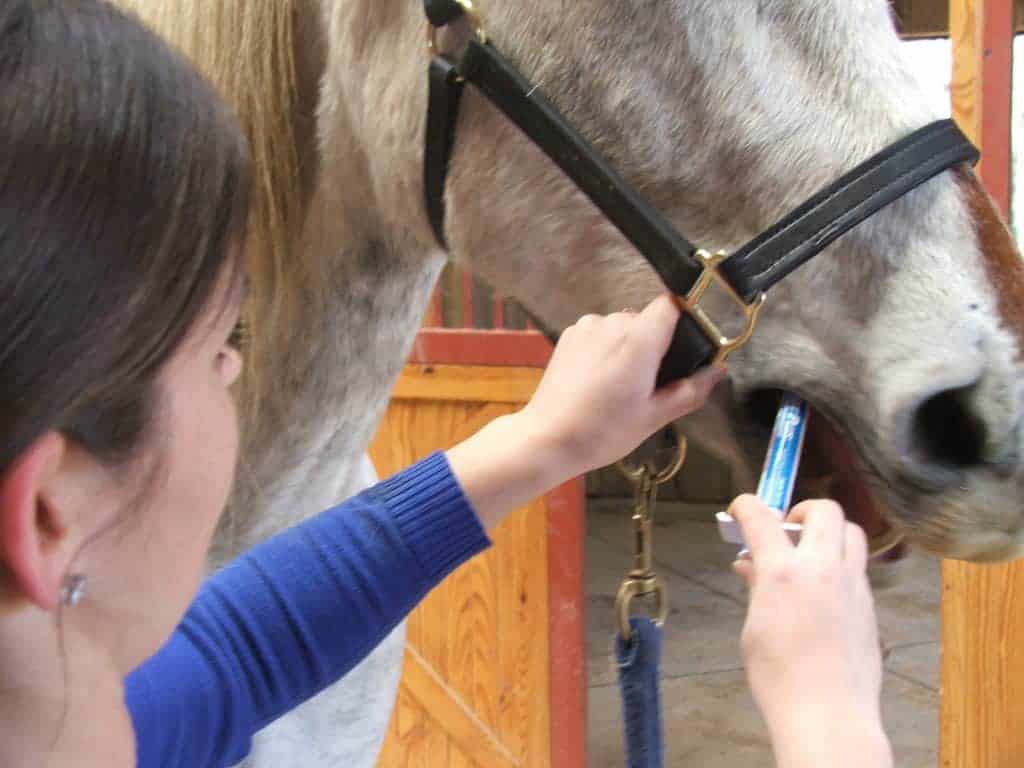
First UK Equine Research Crowdfunding Project Raises $6,000
The crowdfunding project, which ended on March 10, is possibly the first such effort in the veterinary science field.

The crowdfunding project, which ended on March 10, is possibly the first such effort in the veterinary science field.

Research teams from the University of Kentucky Gluck Equine Research Center and George Mason University have defined a new advanced statistical model to evaluate anthelmintic dewormer efficacy.

Certain management factors might affect the likelihood of colic episodes.

Of the 764 respondents, 356 (47%) said they use rotational deworming as their parasite control method.

Researchers are still working to fully understand what impact aging has on the equine immune system.

Nielsen hopes to raise $30,000 to study a novel probiotic compound for the treatment of equine parasites.

Because no new drugs against small strongyles are currently being developed, an effective parasite control program should aim to prevent further resistance.

Each of your horse’s hairs speaks volumes about his overall health, nutrition status, and genetic makeup.

Dr. Steve Sundholm of Equus Veterinary Service in Oregon City, Ore., shares how you and your veterinarian can create a customized deworm program for your horse.
Persistent summer sores are extremely bothersome, slow to heal, and can prevent horses from training.

Study data showed the benefit of establishing strongyle egg counts to determine the need for treatment.
How do I know if my horse is a high, medium, or low shedder of parasite eggs, based on a fecal egg count?

Here’s what to consider if your athletic horse isn’t maintaining ideal body weight and condition.

Researchers believe FEC-directed programs could save horse owners money in the long run.
Is dewormer still good after its expiration date?
What species of parasites are identified in a fecal egg count test?
Stay on top of the most recent Horse Health news with
"*" indicates required fields